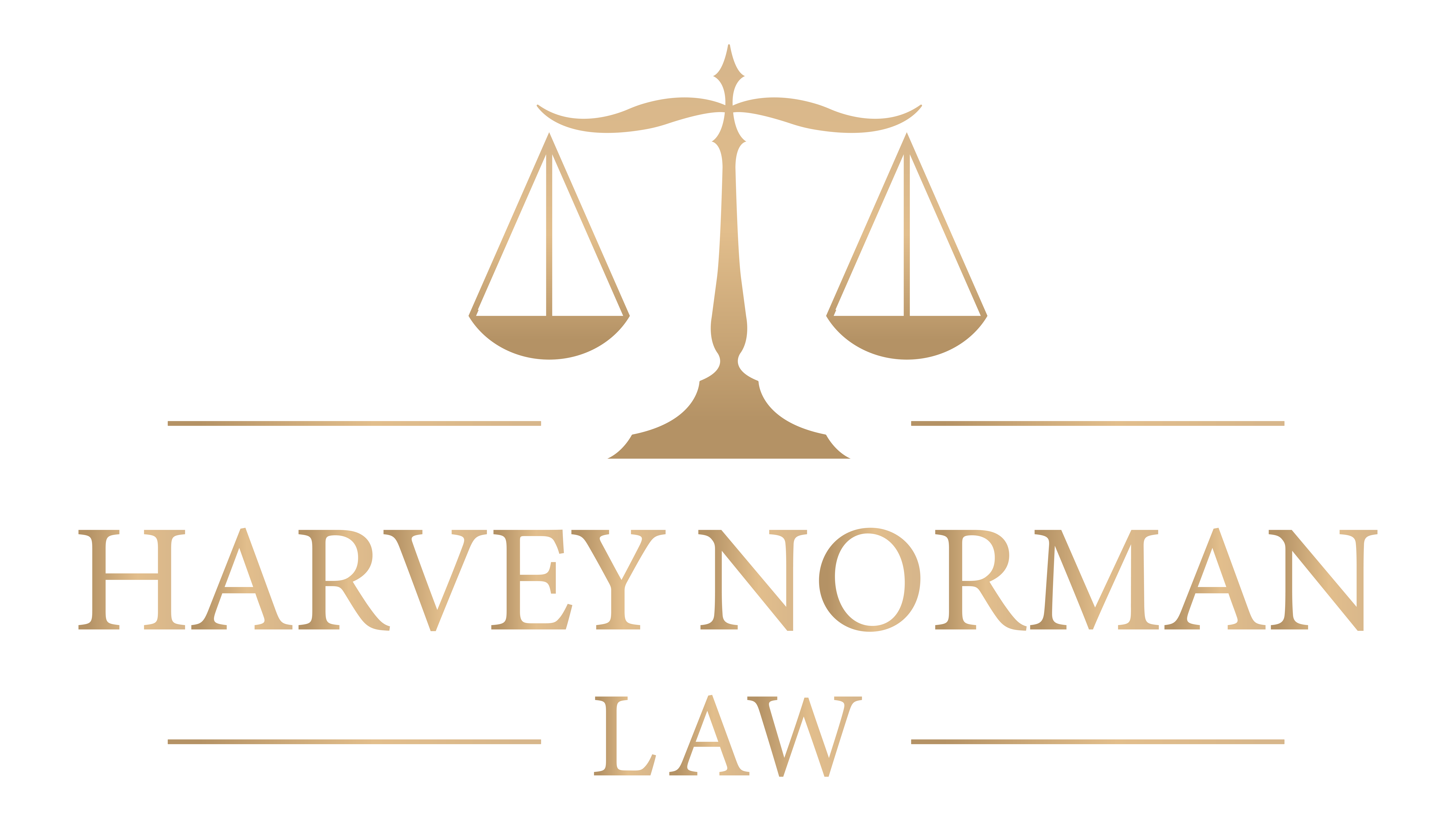Michigan’s New Pass-Through Entity (PTE) Tax Election: Deadline Extended to September 30, 2025
Michigan recently reshaped the landscape for S-corporations and partnerships with Public Act 216, effective as of January. Previously, entities had until March 15 to elect into the Pass-Through Entity (PTE) tax, but the revised statute now extends that deadline significantly—entities now have until the end of the ninth month after their tax year concludes. For calendar-year 2024 filers, that means a new deadline of September 30, 2025. Importantly, even though the original 2024 election deadline has passed, the law grants a one-time reopening of the window, offering pass-through entities another chance to evaluate whether electing the PTE tax makes strategic sense.
Fundamentally, the PTE tax provides a workaround to the \$10,000 federal SALT deduction cap. Michigan pass-through entities pay a 4.25% state tax directly, deduct this payment fully on their federal tax returns, and provide a matching state tax credit to the entity’s owners. Typically, entities like professional services firms and profitable real estate partnerships benefit significantly, especially when owners fall into the higher federal tax brackets and itemize deductions. Conversely, entities predominantly owned by C-corporations or retirement accounts typically gain little or no advantage.
Crucially, electing into the PTE tax binds the entity for three consecutive years (2024–2026). Therefore, it’s not merely a tax season adjustment but a strategic financial decision impacting cash flow management, operating agreements, and even long-term exit strategies.
Before deciding, pass-through owners must perform thorough financial modeling. This analysis should evaluate the true value of the federal deduction, timing of state credits, basis implications, and potential add-backs for income earned outside Michigan. Additionally, entity members must determine how tax distributions will align with the timing of payments and credits. Operating agreements may require amendments to clearly outline election authority, handling of cash shortfalls, and dispute resolution if the benefits become unevenly distributed.
Navigating procedural requirements carefully is essential. The Michigan Treasury has clarified that any PTE tax payments made by April 2, 2025, will be deemed valid elections for 2024. Entities, however, have flexibility to delay payments until as late as September 30. Early payments capture deductions sooner but may risk inaccurate profit projections. Entities must also ensure their Michigan Treasury Online portal details—log-ins, bank account information, and authorized personnel—are current to avoid costly administrative pitfalls. Importantly, individual owners must continue making estimated tax payments until the entity’s payment is officially recorded to avoid penalties.
Owners should also watch for subtle complications. The PTE election reduces individual owner basis, potentially limiting future loss deductions. Partnerships typically filing Michigan composite returns for non-residents may find this filing redundant or inadequately offset post-election. Entities operating on a fiscal year rather than a calendar year must recalculate their specific nine-month deadline accordingly. Furthermore, as the election automatically continues for two subsequent years (2025 and 2026), the financial and administrative planning done for 2024 must extend accordingly.
In summary, profitable professional service entities with high-bracket federal taxpayers stand to benefit substantially, provided they structure an equitable distribution plan. Conversely, startups or cash-negative entities are unlikely to realize significant benefits. Entities with multi-state operations or real estate LLCs must carefully weigh Michigan income apportionment against the practical benefits of simplified composite filings and potential federal deduction advantages.
The critical takeaway is clear: failure to act by September 30, 2025, constitutes a permanent decision. Michigan is unlikely to offer another retroactive extension. Pass-through owners should use this window proactively to analyze, revise operating agreements, and confirm payment logistics. Whether opting in or staying out, documenting your rationale is prudent. The opportunity is now open—but only until September 30, 2025.
Disclaimer & Next Steps
This article is provided for general informational purposes only and does not constitute legal, tax, or accounting advice. Reading it does not create an attorney–client relationship with Harvey Norman Law or any of its attorneys. Laws and regulations change rapidly and can vary by jurisdiction; you should consult qualified counsel about your specific situation before acting on any information herein. If you have questions or need tailored guidance, reach out to Harvey Norman Law below. We’re ready to help you protect, launch, and grow your business—start the conversation today.
